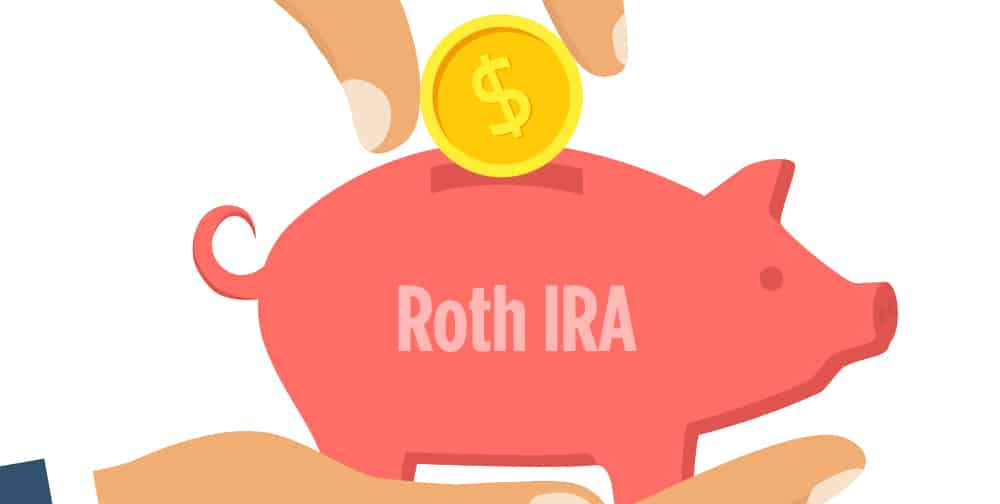Legacy Design Strategies
Omaha, NE, Minot, ND and Iowa Fall, IA Estate Planning and Elder Law Firm
Estate Planning and Elder Law Blog

There are a number of reasons to consider Roth IRAs as part of your estate planning efforts, says Think Advisor’s recent article entitled “How and Why to Use Roth IRAs in Estate Planning.” Let’s take a look:
One of the biggest estate planning benefits of a Roth IRA is the fact that there are no required minimum distributions or RMDs. This is a big estate planning tool and lets the money in the Roth grow tax-free for the benefit of a surviving spouse or other beneficiaries. This also eliminates the taxes that would otherwise need to be paid on these distributions.
Because the rules for inherited IRAs for most non-spousal beneficiaries under the Setting Every Community Up for Retirement Enhancement (Secure) Act went into effect at the beginning of 2020, Roth IRAs have become a very viable estate planning tool because beneficiaries who aren’t classified as eligible designated beneficiaries must withdraw the entire amount of their inherited IRA within 10 years of inheriting it. The Act eliminated the ability to “stretch” inherited IRAs for IRAs inherited prior to 2020 for most non-spousal beneficiaries.
For inherited traditional IRAs, the whole amount will be taxed within 10 years of inheriting. The 10-year rule also applies to inherited Roth IRAs. However, if the original account owner satisfied the five-year requirement prior to his or her death, the withdrawals from the inherited Roth IRA are tax-free. It makes a Roth a beneficial estate planning tool because taxes that are bunched into a 10-year period can substantially erode the value of an inherited traditional IRA.
For those who already have a Roth, they’re set in terms of their spouse being able to inherit the account and use it as their own. For non-spousal beneficiaries, there’s a five-year rule. For those with a Roth 401(k), it’s important to roll this account over to a Roth IRA once you leave your employer to avoid RMDs.
For those who are eligible to do so, contributing to a Roth IRA each year can help you build a Roth balance to pass on to your beneficiaries. For those who have access to a Roth 401(k) account with an employer-sponsored plan or a solo 401(k) for the self-employed, contributing to a Roth 401(k) can offer a higher contribution limit with no income restrictions, when compared to a Roth IRA. The amount in the Roth 401(k) can later be rolled over to a Roth IRA with no tax consequences, which also avoids RMDs.
A Roth IRA conversion is a strategy to looking at for passing IRA assets to non-spousal beneficiaries, either directly or as contingent beneficiaries upon the death of a surviving spouse. It’s a good way for you to prepay taxes for beneficiaries. Beyond prepaying the taxes, the five-year rule can come into play if you didn’t previously have a Roth IRA.
Whether a Roth IRA conversion makes sense as an estate planning tool depends on several variables, including your current tax situation, your age and the taxes that would be incurred by the conversion. Roth IRAs have many potential benefits as a planning tool. With the Secure Act and the changing tax and estate landscape, a Roth IRA can play a key role in your estate planning in the right circumstances. Ask an experienced estate planning attorney about whether it’s right for you.
Reference: Think Advisor (November 9, 2021) “How and Why to Use Roth IRAs in Estate Planning”

Get Started Today
Book your Free Estate Planning Consultation Now
Stay Up-To Date
Subscribe to Our eNewsletter
9859 South 168th Avenue,
Omaha, NE 68136
7 Third Street SE, Suite 202,
Minot, ND 58701
320 North Oak Street, PO Box 295,
Iowa Falls, IA 50126
